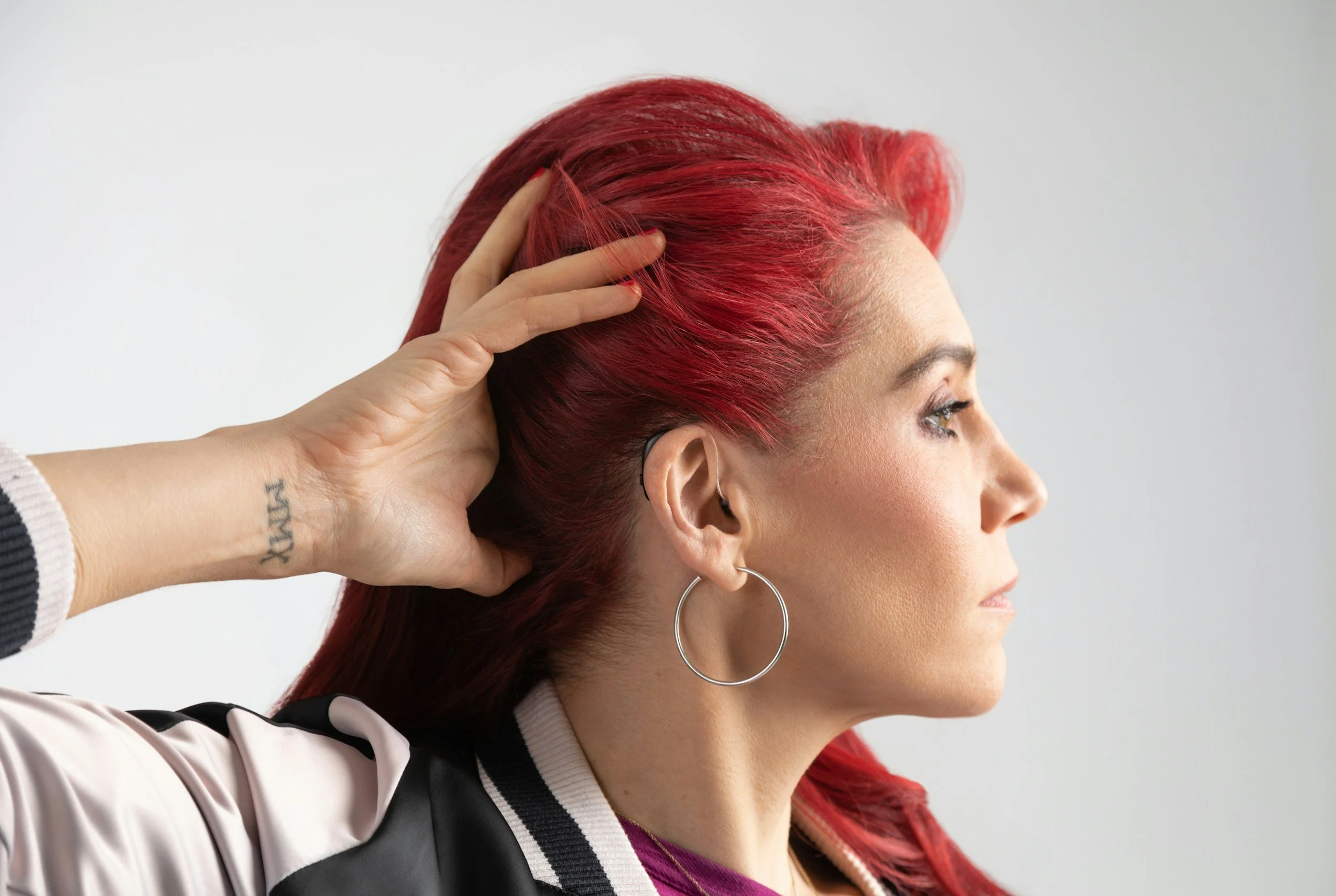What is a hearing aid?
If you or a loved one is struggling to follow conversations or constantly turning up the volume on the TV, you’ve likely considered a hearing aid.
But what is it, really?
A hearing aid is much more than a simple sound amplifier that makes things louder. It is a sophisticated medical device designed to address a specific, diagnosed condition.
Understanding what a hearing aid does (and what it doesn't do) is the first step toward better hearing and a healthier, more engaged life. This guide breaks down the mechanics, explains the critical difference between a prescription device and a cheap amplifier, and explores why treating hearing loss early is so important.
How Does a Hearing Aid Actually Work?
At its core, a modern hearing aid is a miniature computer system. While designs vary (from behind-the-ear to models that sit invisibly in the ear canal), they all operate on the same four principles:
Microphone: Picks up sounds from your environment.
Processor (or Amplifier): This is the "brain" of the device. It analyzes the incoming sound and adjusts it based on your specific hearing loss prescription.
Receiver (or Speaker): Delivers the precisely adjusted sound into your ear.
Battery: Powers the device (either disposable or rechargeable).
The most important part is the processor. Hearing loss is rarely a simple loss of volume. Most people lose the ability to hear certain frequencies (like high-pitched consonants in speech) more than others.
A hearing aid doesn't just make everything louder. It selectively amplifies only the frequencies you're missing, while often reducing background noise. This sophisticated processing is what allows you to hear a grandchild’s whisper without being overwhelmed by the clatter of dishes.
Prescription Hearing Aids vs. "Hearing Amplifiers": A Critical Difference
You can find cheap "hearing amplifiers" online for a fraction of the cost of a prescription device.
It's vital to understand these are not the same thing.
Personal Sound Amplifiers (PSAPs): These are consumer electronics. They are a "one-size-fits-all" solution designed for people with no hearing loss who just want to make specific sounds louder (e.g., listening for birds on a nature walk). They amplify all sounds equally.
Prescription Hearing Aids: These are Class 1 or Class 2 medical devices. They can only be dispensed and programmed by a licensed hearing professional, like an audiologist, after a comprehensive hearing test (audiogram).
The Glasses Analogy: A PSAP is like a pair of generic "reading glasses" you buy at a chemist. A prescription hearing aid is like a custom pair of prescription bifocals designed by an optometrist to correct your unique vision.
Using a simple amplifier when you have true hearing loss can be ineffective and frustrating, as it amplifies the background noise right along with the speech you're trying to hear.
The Importance of Early Intervention: Why You Shouldn't Wait
Treating hearing loss isn't just about hearing better, it's about living better. Many people wait years to seek help, but early intervention is key.
It Keeps Your Brain Engaged. Hearing is a brain activity. When your ears stop sending clear sound signals to the brain, the parts of your brain responsible for processing sound (the auditory cortex) can become "rusty" or even weaken. This is known as auditory deprivation. The longer you wait, the harder it can be for your brain to re-learn how to interpret speech, even with a hearing aid.
It Reduces Listening Fatigue. When you have untreated hearing loss, your brain has to work overtime just to "fill in the blanks" in a conversation. This constant straining, known as high cognitive load, is mentally and physically exhausting.
It Protects Your Overall Health. A growing body of research links untreated hearing loss to a significantly higher risk of social isolation, depression, and even cognitive decline and dementia. By staying connected to the sounds and people around you, you are actively protecting your long-term brain health.
A hearing aid is a gateway to staying engaged, confident, and healthy. If you suspect you might have hearing loss, the first and most important step is to see an audiologist for a professional evaluation.

